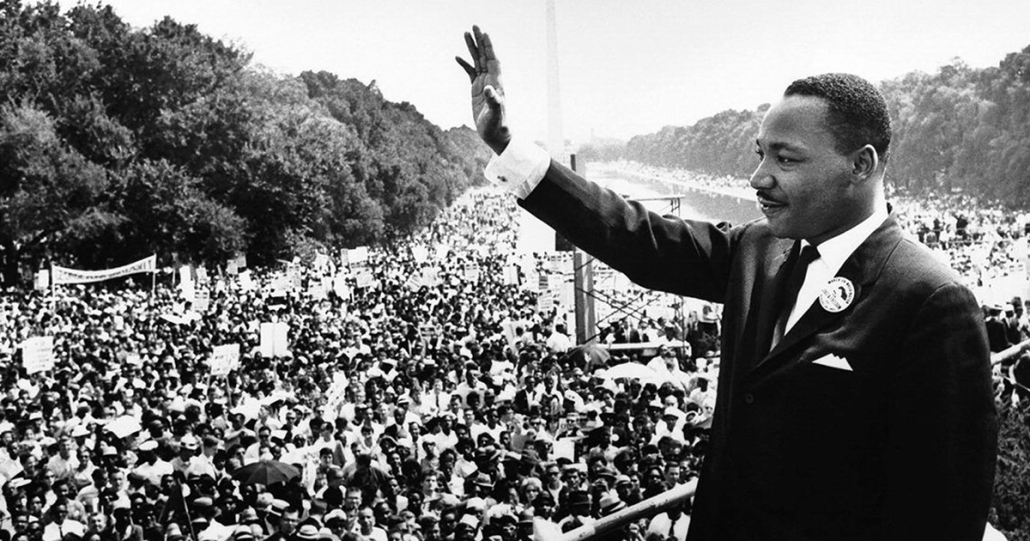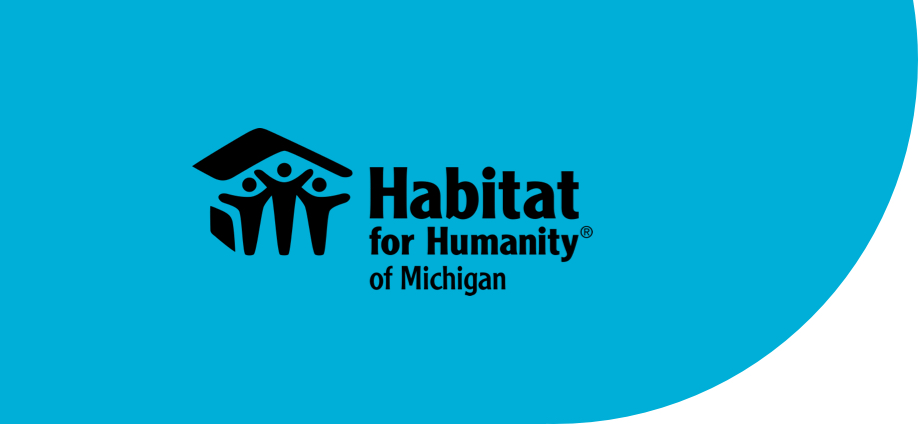Honoring MLK Day: Advancing Housing and Equity for All
Every year on the third Monday in January, we pause to honor the life and legacy of Dr. Martin Luther King Jr., a man who dedicated his life to justice, equality, and the fight against systemic oppression. Dr. King’s dream wasn’t just about racial equality, it encompassed economic justice, fair housing, and the dismantling of barriers that perpetuated inequity.
As we commemorate MLK Day, it’s essential to reflect on how far we’ve come in addressing housing inequity and, more importantly, what work remains to be done to achieve Dr. King’s vision of a fair and equitable society.

Creator: Wes Candela Copyright: © 2008-2017 Wes Candela Photography LLC
A Legacy of Advocacy for Fair Housing
In the 1960s, Martin Luther King Jr. played a pivotal role in advocating for fair housing as a part of his broader vision for civil rights. He understood that access to safe, affordable housing was central to achieving economic stability, educational opportunities, and full participation in society. The struggle for fair housing was a key issue in the Civil Rights Movement. Dr. King’s leadership was instrumental in highlighting how discriminatory housing practices—such as redlining, segregation, and exclusionary zoning laws—harmed communities of color, restricting their opportunities for success.
His activism culminated in the passage of the Fair Housing Act of 1968, a landmark piece of legislation designed to combat housing discrimination based on race, color, religion, sex, or national origin. While this was a significant victory, King’s vision of equity in housing has not yet been fully realized. Too many individuals and families still face barriers to homeownership, rental housing, and even basic services based on their race, income, and other factors.
Housing Inequities Today
Though progress has been made since Dr. King’s time, many of the housing-related inequities he sought to address persist today.
- Homeownership Gaps: Black and Hispanic households have significantly lower homeownership rates compared to white households, limiting their ability to build generational wealth.
- Affordable Housing Crisis: Rising rents and home prices disproportionately impact low-income families, many of whom are people of color.
- Neighborhood Disparities: Communities of color often face underinvestment in schools, infrastructure, and public services, perpetuating cycles of poverty and limiting opportunities for upward mobility.
A Call to Action
MLK Day is not just a time to reflect—it’s a call to act. By addressing housing inequities, we uphold Dr. King’s vision of a society where opportunity is not dictated by zip code or race but by the
content of one’s character and the shared values of equity and justice.
Let this day inspire us to renew our commitment to creating a world where everyone, regardless of background, has access to safe, affordable, and fair housing. In doing so, we bring Dr. King’s dream closer to reality.
How You Can Make a Difference
- Volunteer with housing-focused nonprofits – Volunteer | Habitat for Humanity of Michigan.
- Educate yourself and others about the history of housing discrimination.
- Use your voice to advocate for policies that promote equity.
Let’s ensure that Dr. King’s legacy continues to inspire change for generations to come.


